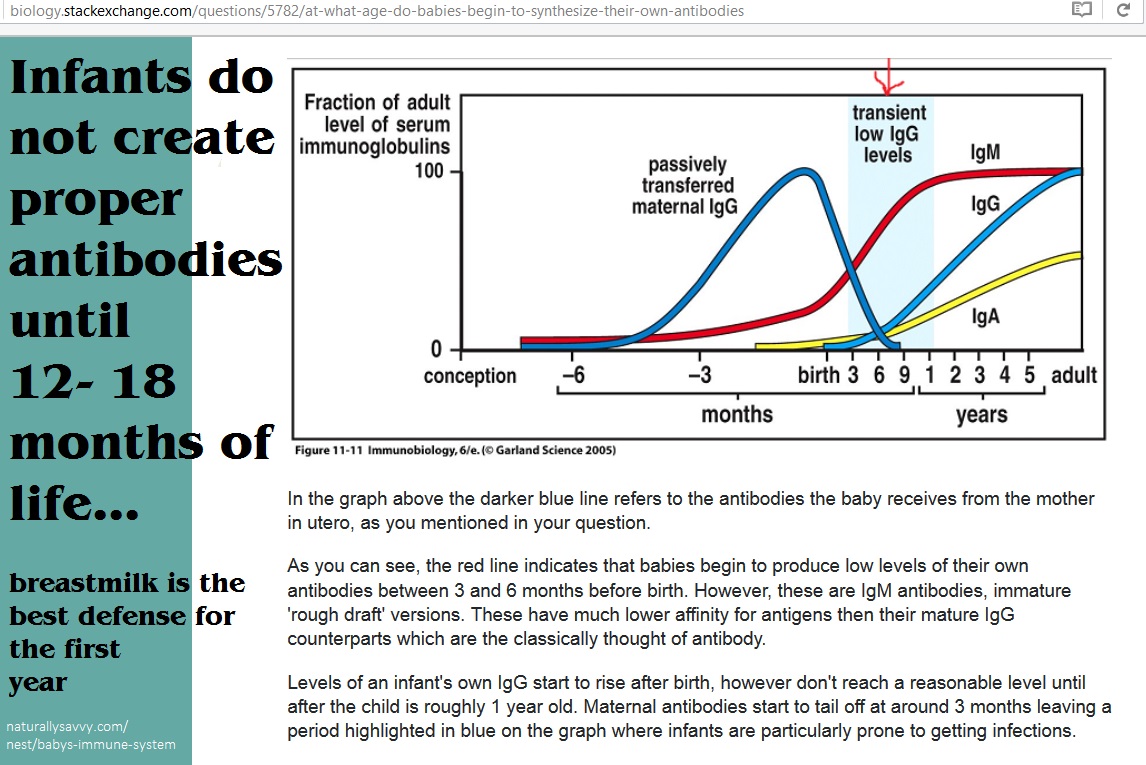Maternal antibodies are passed on to the baby through breastmilk (passively transferred maternal IgG):

“rotavirus-specific antibodies and other neutralizing factors present in breast milk may diminish a breastfed infant’s immune responses to a rotavirus vaccine – by lowering the effective titre of vaccine delivered to the infant’s gut. This hypothesis was supported by the results of two recent in vitro studies…”
http://www.who.int/bulletin/volumes/92/4/13-128066/en/
- Moon SS, Wang Y, Shane AL, Nguyen T, Ray P, Dennehy P, et al., et al. Inhibitory effect of breast milk on infectivity of live oral rotavirus vaccines. Pediatr Infect Dis J 2010; 29: 919-23 http://dx.doi.org/10.1097/INF.0b013e3181e232ea pmid: 20442687.
- Moon SS, Tate JE, Ray P, Dennehy PH, Archary D, Coutsoudis A, et al., et al. Differential profiles and inhibitory effect on rotavirus vaccines of nonantibody components in breast milk from mothers in developing and developed countries. Pediatr Infect Dis J 2013; 32: 863-70 pmid: 23584581.
“Measles hemagglutinin-inhibiting and neutralizing antibody titers are lower in women young enough to have been immunized by vaccination than in older women. In the children of both young and older mothers the antibody is concentrated 1.7-fold across the placenta, and the child’s initial titer remains proportional to that of its mother. The transferred antibody is diluted by the baby’s growth and degraded with a mean half-life of 48 days. By 8 1/2 months of age, 95% of the children of the mothers born since 1963 would have become susceptible to measles and responsive to immunization; the same level of susceptibility is not reached by children of mothers born before 1958 until 11 1/2 months of age. Among the offspring of younger mothers, a small group remains, about 2% of the total, with titers high enough to provide protection for 12 months, and these children would be poorly served if the age for vaccination were reduced for all.
One hypothesis is that rotavirus-specific antibodies and other neutralizing factors present in breast milk may diminish a breastfed infant’s immune responses to a rotavirus vaccine – by lowering the effective titre of vaccine delivered to the infant’s gut. This hypothesis was supported by the results of two recent in vitro studies…”
https://www.ncbi.nlm.nih.gov/pubmed/3701511
